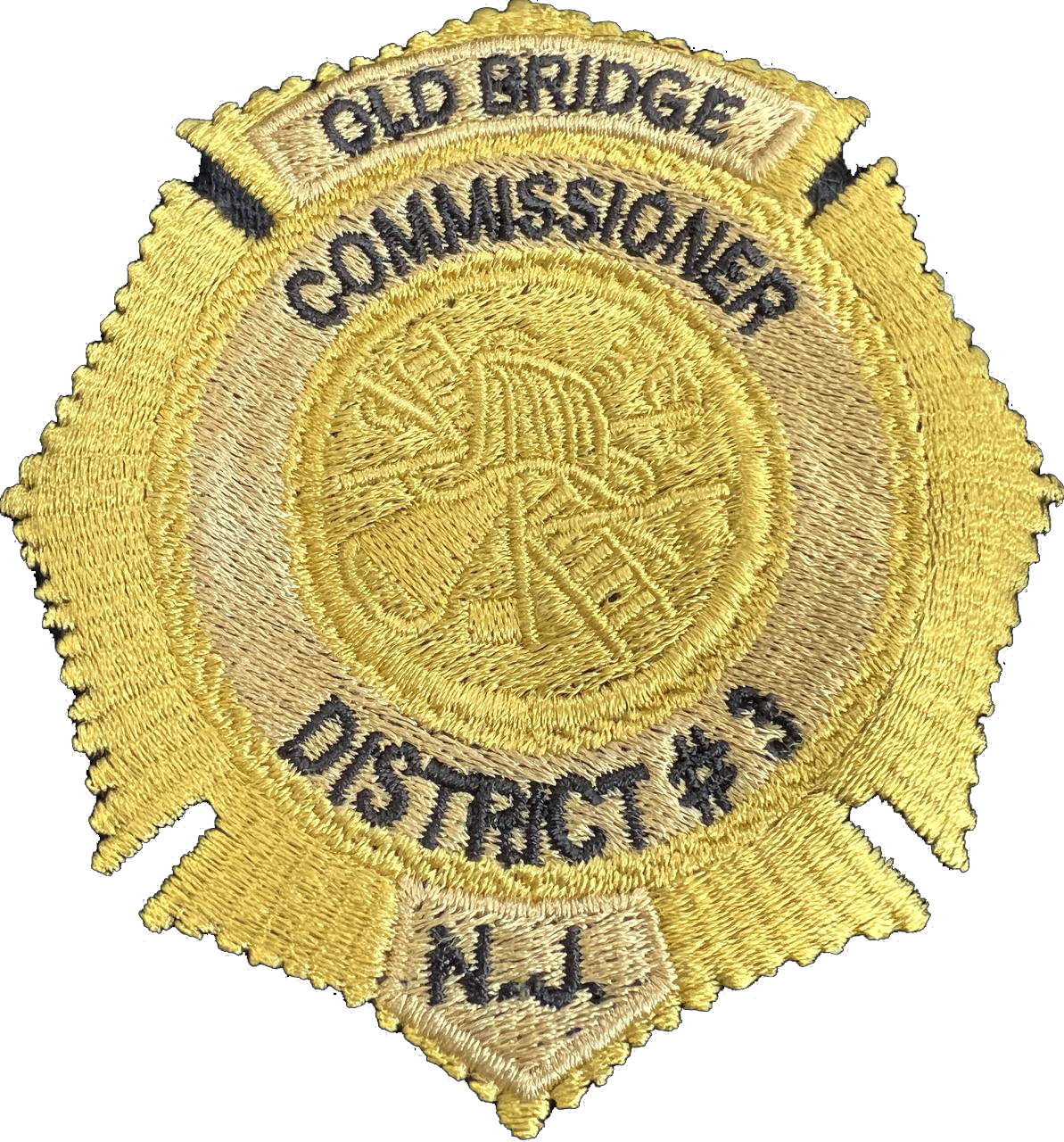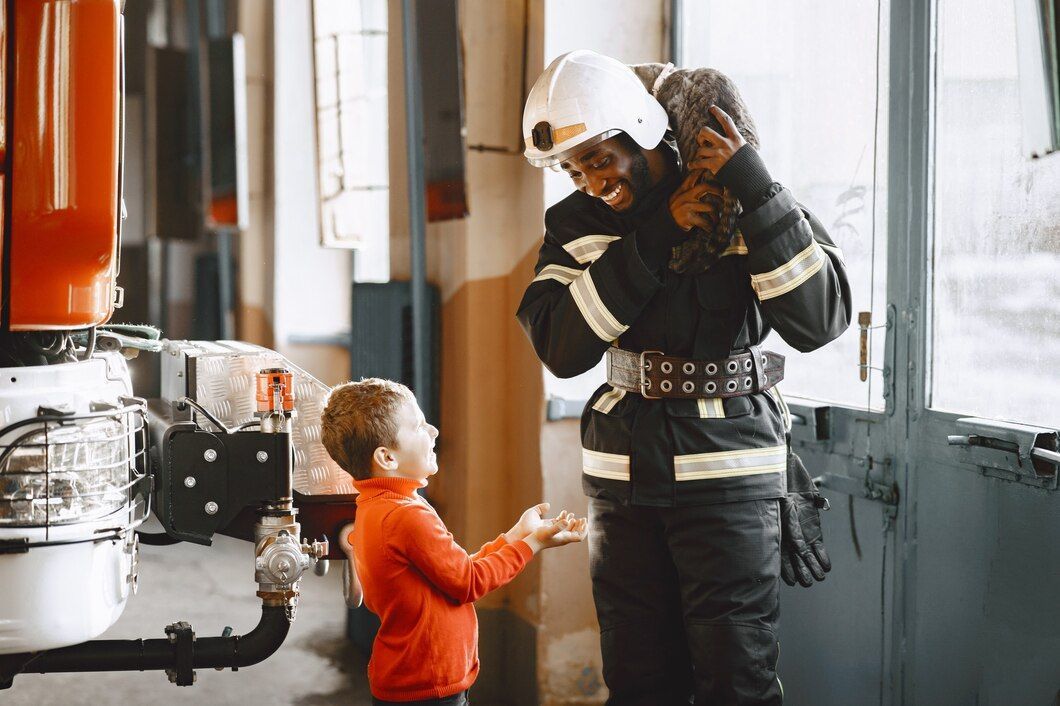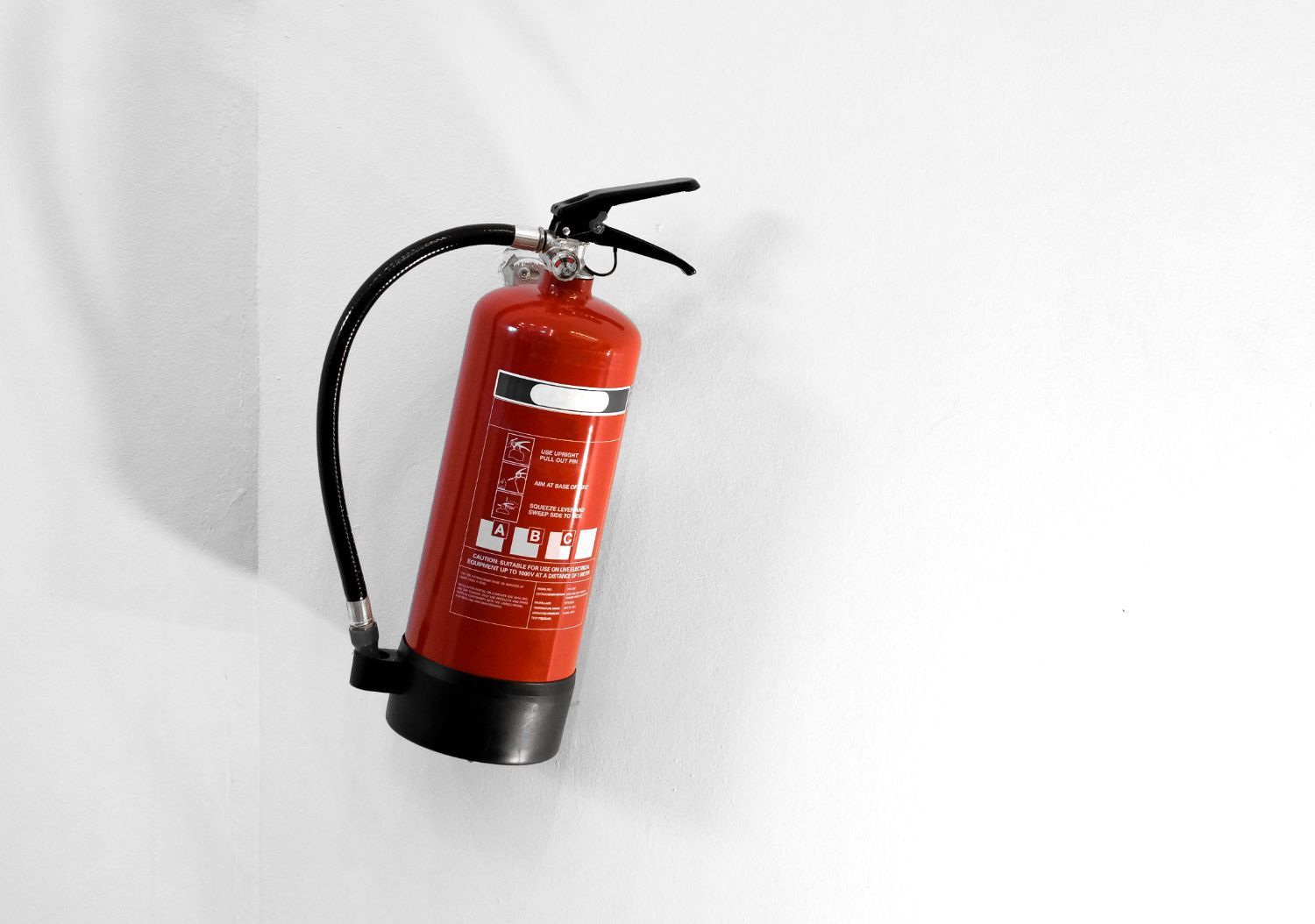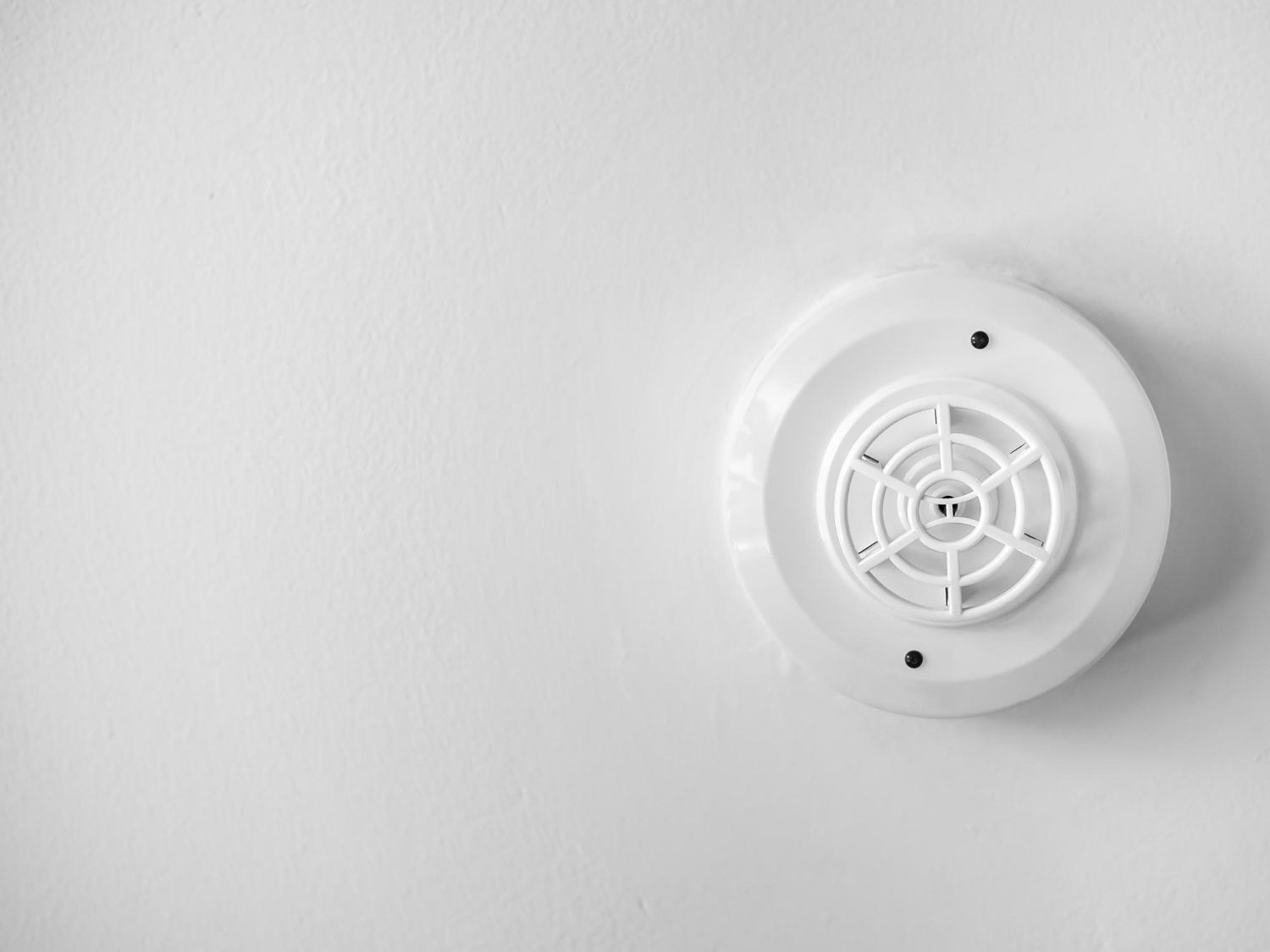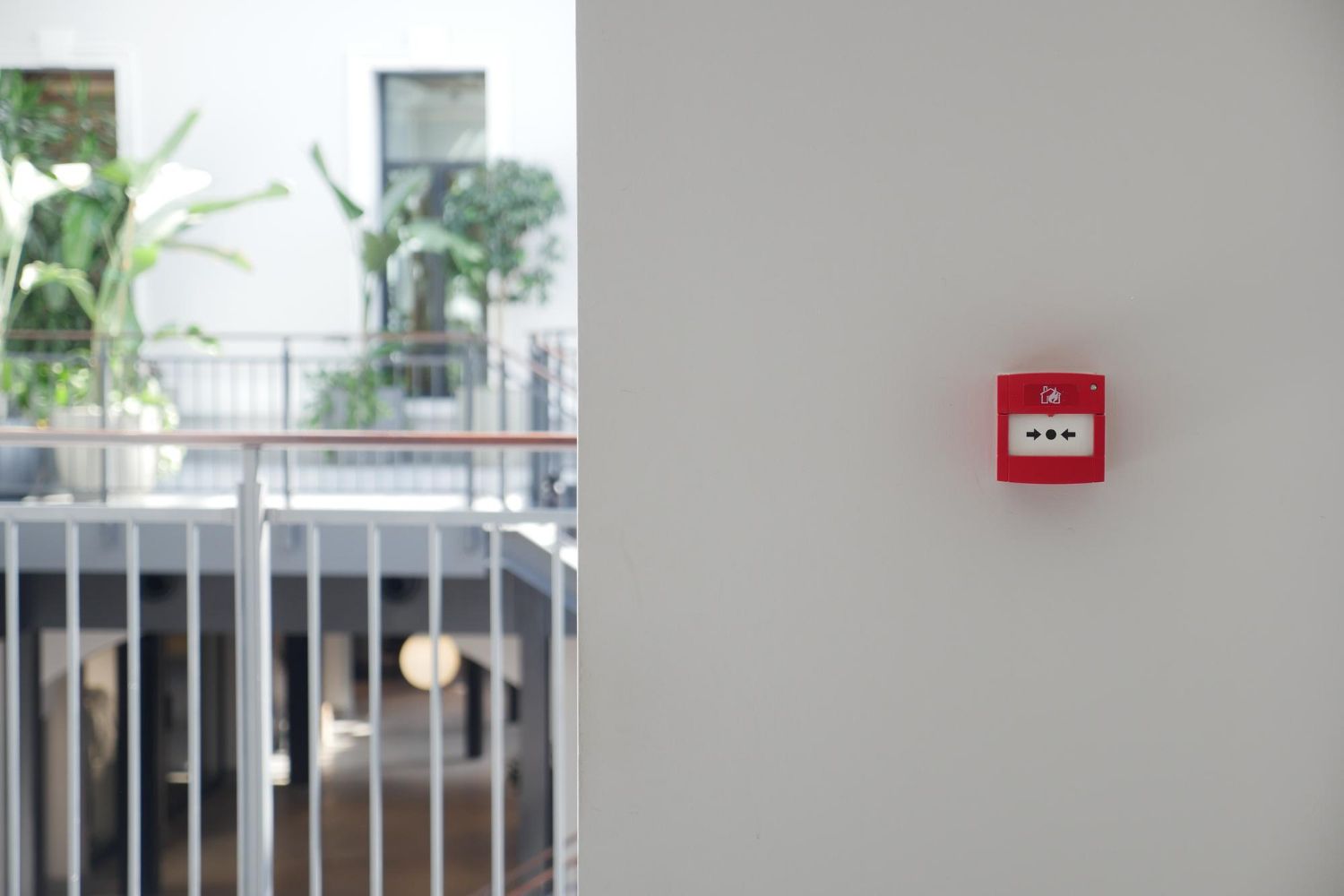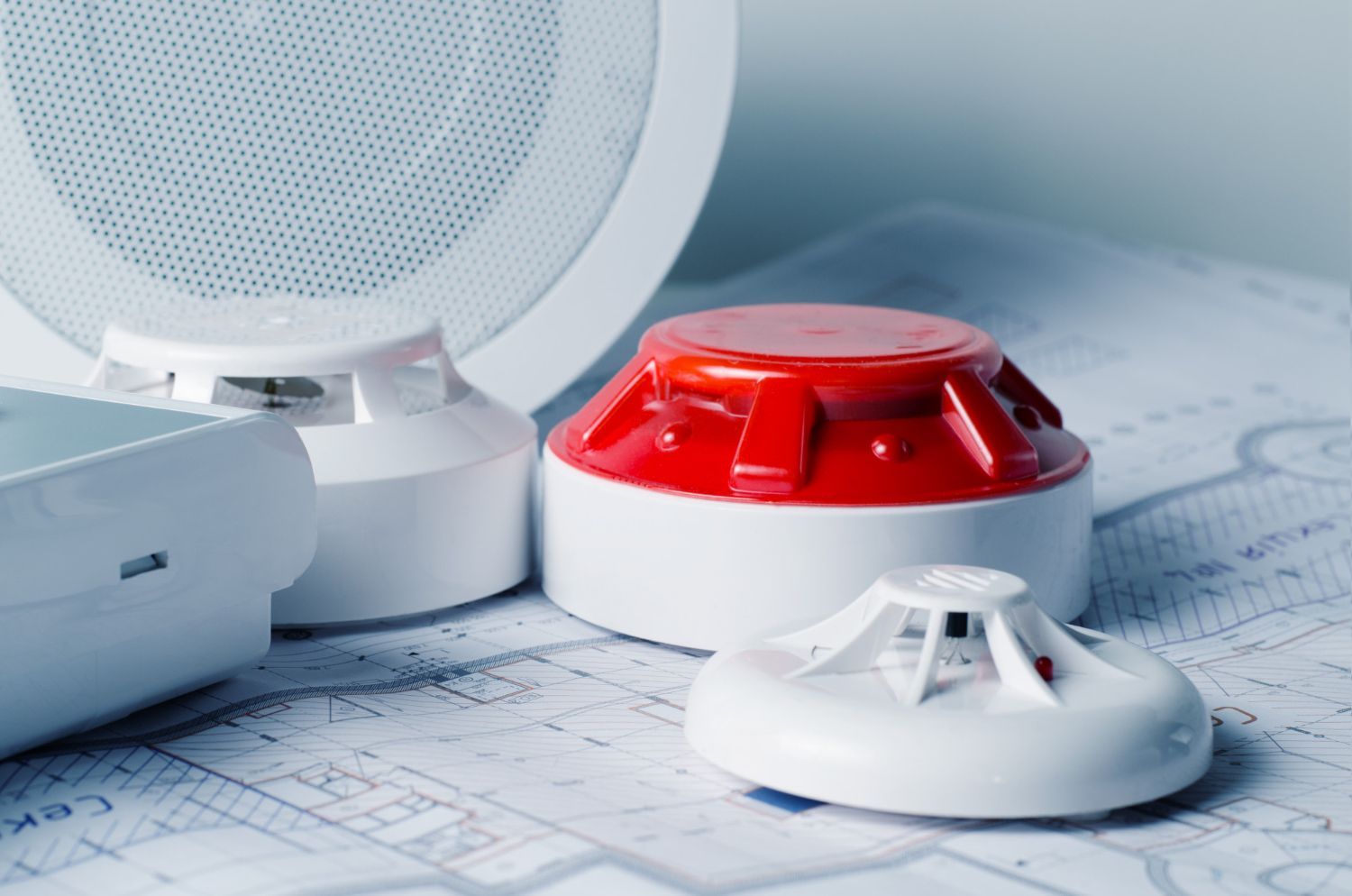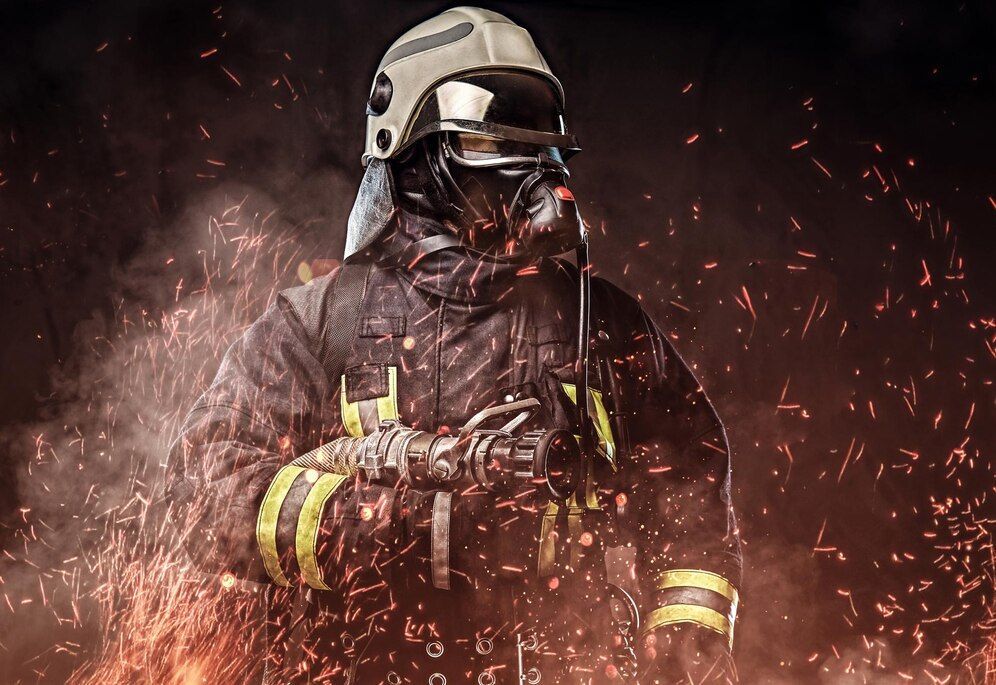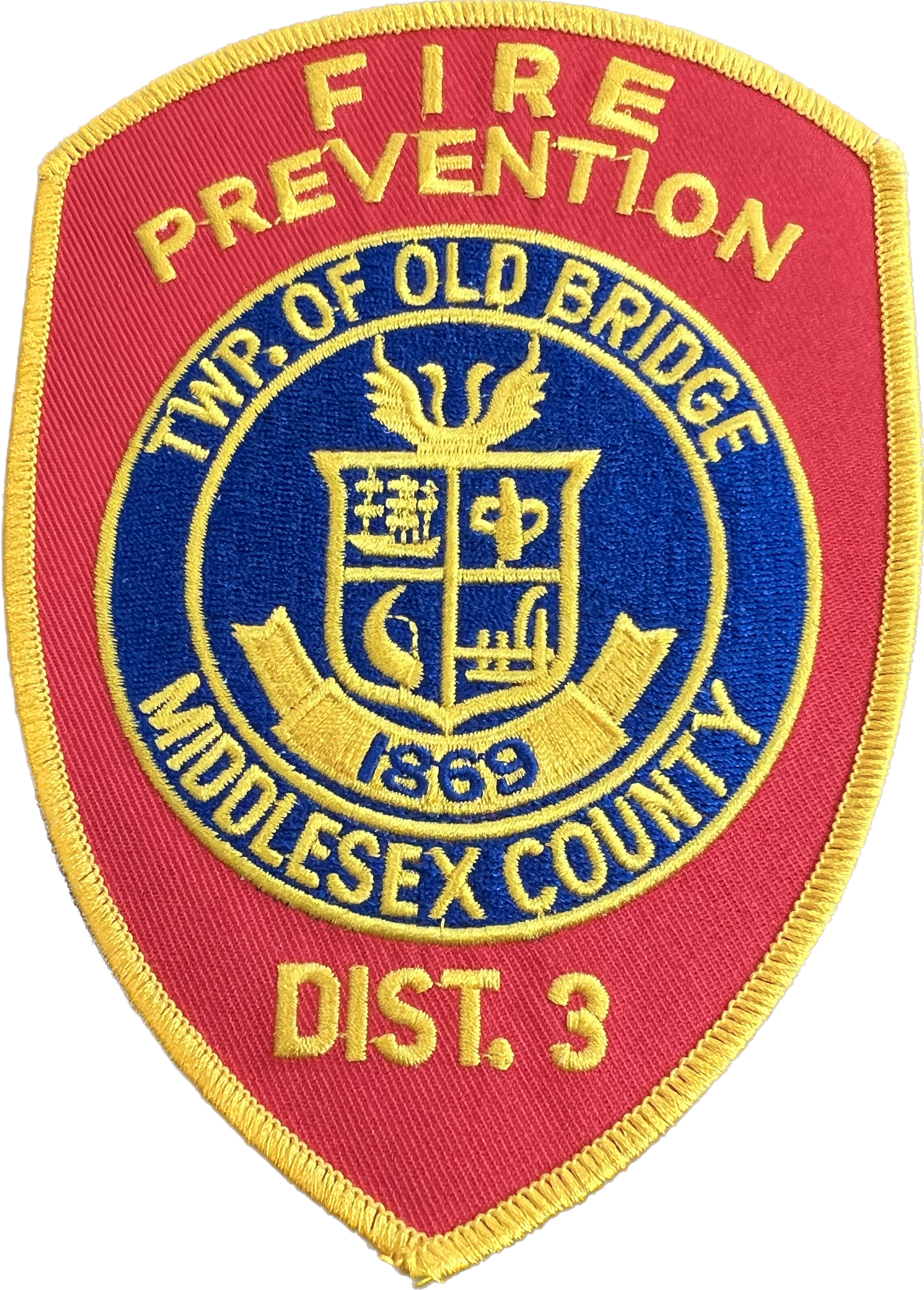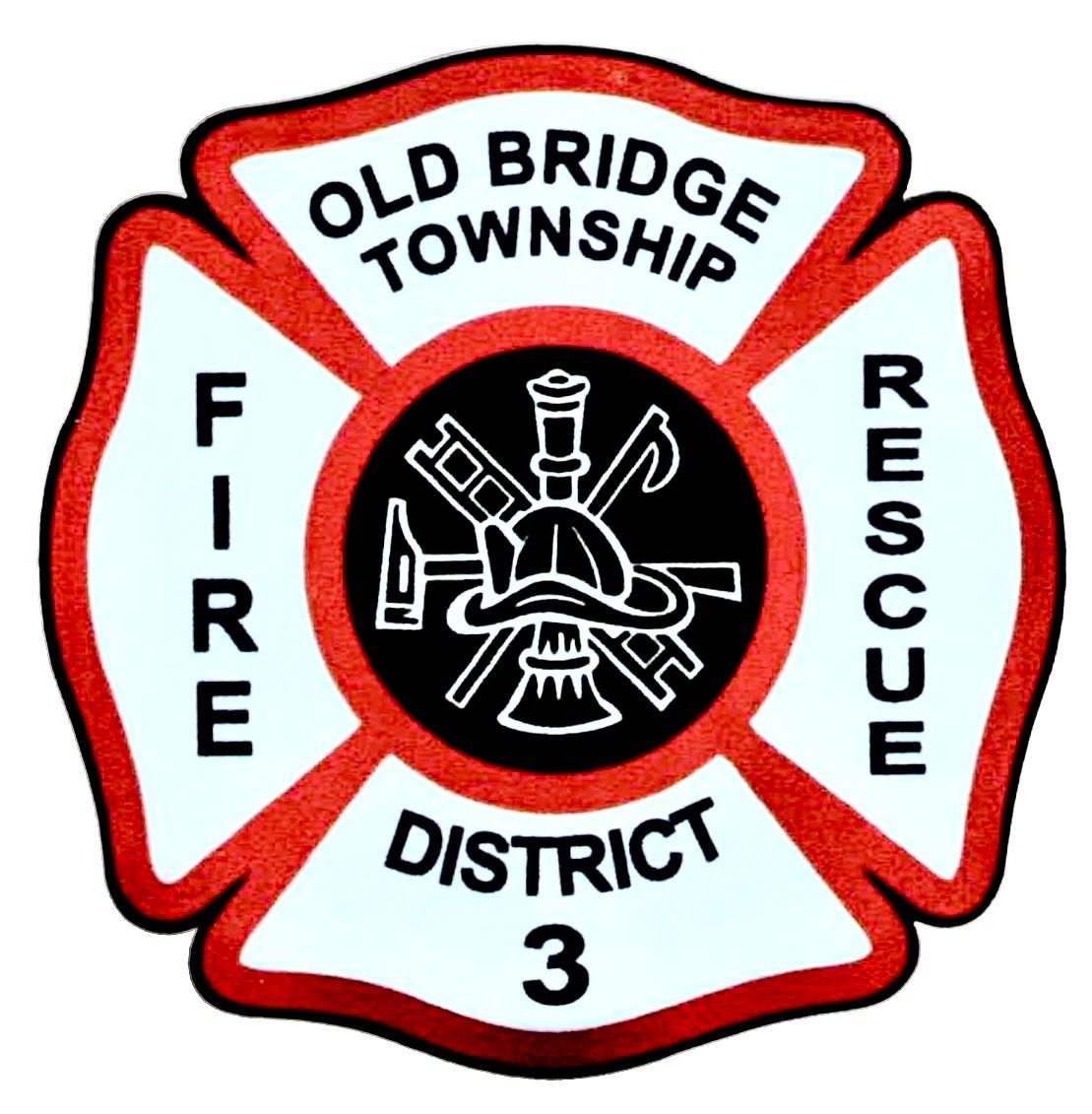Fire Safety for Senior Citizens: Tips and Strategies for Independent Living

At Board of Fire Commissioners, Fire District 3, Township of Old Bridge, our mission is to provide all citizens with the highest quality of fire protection services—ranging from incident response to public education and fire code enforcement—delivered with respect, integrity, leadership, and accountability. An essential segment of our community that may require special consideration when designing fire safety strategies is our treasured senior citizens. Advanced age can present unique challenges when it comes to fire safety, but with the proper precautions and awareness, older adults in our community can continue to live independently and enjoy a safe and secure home environment.
In this blog post, we will explore fire safety tips and strategies designed specifically for senior citizens in Board of Fire Commissioners, Fire District 3, Township of Old Bridge. By covering crucial topics such as smoke alarm placement, escape planning, and safe cooking practices, our goal is to empower our older community members with the knowledge they need to maintain their independence while protecting their well-being and property from fire hazards.
Smoke Alarm Placement and Maintenance: A Crucial Line of Defense
For senior citizens, early detection of fire is of utmost importance in ensuring their safety. Adequate smoke alarm placement and routine maintenance are essential for providing ample warning during a fire emergency:
- Placement: Install smoke alarms on every level of the home, inside each bedroom, and outside sleeping areas, ensuring they are mounted high on walls or ceilings for optimal detection.
- Interconnectivity: Choose interconnected smoke alarms so that when one alarm is triggered, all alarms will sound throughout the home. This feature is particularly beneficial for seniors who may have difficulty hearing alarms from a distance.
- Testing and Maintenance: Regularly test smoke alarms, ideally once a month, and replace batteries at least once a year or as recommended by the manufacturer. Replace smoke alarm units entirely every ten years or as directed by the manufacturer.
Escape Planning: A Vital Component of Senior Fire Safety
A well-prepared escape plan is especially important for seniors, as they may require additional assistance or encounter more challenges during an emergency evacuation:
- Assess Mobility Needs: Determine if any mobility needs must be accommodated in your escape plan, such as walkers, wheelchairs, or canes, and make necessary adjustments to ensure a smooth evacuation.
- Plan Your Route: Identify at least two exits from each room in your home, taking the most direct and accessible paths to escape. Ensure all windows and doors can be easily opened in case of emergency.
- Designate Meeting Points: Choose a predetermined meeting location outside of your home, such as a neighbor's house or a nearby landmark, where all household members can gather after evacuating.
Safe Cooking Practices: Prevention Starts in the Kitchen
Given that cooking is the leading cause of home fires and fire injuries, seniors must practice proper kitchen safety to reduce fire risks:
- Stay Attentive: Always remain in the kitchen while cooking and never leave the stove unattended. Use a timer to remind you when your food is done cooking, and turn off the stove immediately after use.
- Keep the Area Clutter-Free: Clear your cooking area of flammable materials, like oven mitts, paper towels, and dish towels. Keep a fire extinguisher nearby in case of cooking-related fires.
- Know How to Respond: In the event of a small stovetop fire, slide a lid over the pan to smother the flames and turn off the stove. If it's an oven fire, turn off the heat and keep the oven door closed to contain the fire.
Managing Electrical Risks: Staying Safe with Electronics and Appliances
Proactively managing electrical risks is crucial for seniors to maintain a safe home environment:
- Inspect Appliances Regularly: Check electrical appliances for visible damage, such as frayed cords or cracked plugs, and replace them if necessary. Don't overload outlets or use extension cords as a permanent solution, as this can cause overheating and fire risks.
- Unplug for Safety: Disconnect small appliances, like toasters and hairdryers, when not in use. This not only reduces fire risks but also saves energy.
- Arrange for Assistance: Consider requesting help from a family member or professional electrician to inspect your home's overall electrical system, ensuring that it meets current safety standards and addressing any potential hazards.
Conclusion
Fire safety for senior citizens in Board of Fire Commissioners, Fire District 3, Township of Old Bridge is an integral component of promoting a secure, supportive, and independent living environment for our cherished older residents. By focusing on essential aspects of fire safety, including smoke alarm placement, escape planning, safe cooking practices, and electrical hazard management, seniors can continue to enjoy their independence with the confidence that they are well-protected from fire risks.
At our fire department in New Jersey, we believe we must join together to uphold our shared values of respect, integrity, leadership, and accountability, continuously striving to ensure that Board of Fire Commissioners, Fire District 3, Township of Old Bridge remains a safe, welcoming, and nurturing environment for seniors and their loved ones. By embracing fire safety for our senior citizens, we contribute to a stronger, more resilient Board of Fire Commissioners, Fire District 3, Township of Old Bridge, ready to face future challenges with determination, foresight, and unity.
